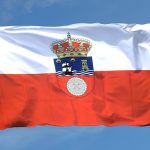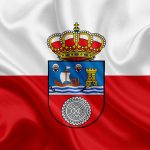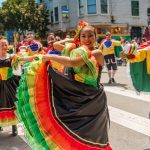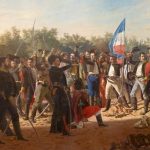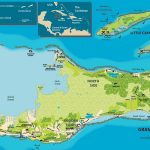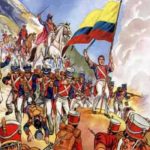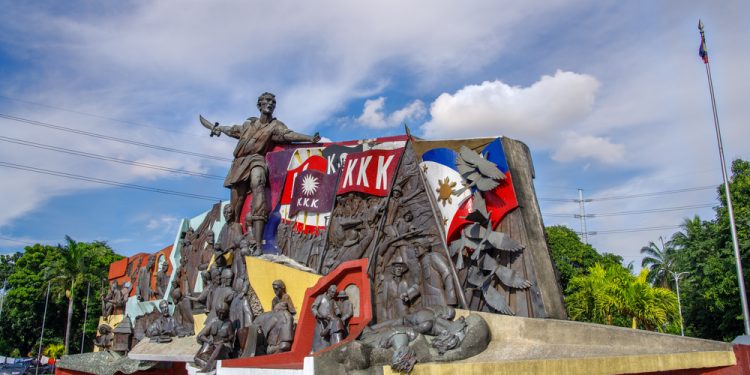
Bonifacio Day
Observed on November 30th in the Philippines, Bonifacio Day is a national holiday that commemorates and celebrates the birthday of Andrés Bonifacio. Andrés Bonifacio y de Castro was president of the Tagalog Republic and a Filipino revolutionary leader. He was also one of the founding members and the Supreme Leader of the Kataas-taasang, a movement that sought Philippine independence from Spanish colonial rule.
A Short Biography of Andrés Bonifacio
Andrés Bonifacio was born on November 30, 1863, in Tondo, Manila. He was the eldest of six children born to Santiago Bonifacio and Catalina de Castro. While working as a clerk and messenger for a British firm, he learned English and later enrolled in a private school.
In his late teens, he went on to work as an agent for the British trading firm Fleming & Co. He rose through the ranks to become a broker of rattan, tar, and other goods. As he worked, he supplemented his education with self-education.
He read books on the French Revolution, the civil and penal codes of the Philippines, and novels such as Les Misérables. In 1892, he founded the Katipunan, a revolutionary secret society whose goal was to liberate the Philippines from Spanish colonial rule.
The Katipunan had four major objectives:
- To develop solidarity among members
- To secure Philippine independence through revolution
- To unite Filipinos into one nation
- To establish the Philippines as a republic
In 1896, the Spanish learned of the existence of the Katipunan, which directly led to the events that started the Philippine Revolution. Bonifacio became the commander-in-chief of the Katipunan’s revolutionary army, but rival factions continued to fight for control. Eventually, Emilio Aguinaldo took control of the forces.
At the Tejeros Convention, a vote was taken to determine who would lead the overthrow of the Spanish. Emilio Aguinaldo won, with Bonifacio coming in second place. However, Bonifacio rejected this and became a rebel leader. On May 10, 1897, Aguinaldo had Bonifacio tried for his alleged crimes and ultimately executed.
Because the Katipunan had been in control of the Philippines long before the creation of the government, some people argue that Bonifacio should be remembered as the first president of the Philippines.
It should be noted that Bonifacio is remembered on the date of his birth rather than the date of his death. This is because he wasn’t executed by the Spanish but was instead executed by the Filipino revolutionary government.
Customs, Celebrations, and Traditions for Bonifacio Day
Most schools and government buildings are closed on Bonifacio Day. It is also a paid holiday for many in the Philippines. Many people visit the monuments of Andrés Bonifacio and lay flowers at their bases. Others spend the day visiting parks, shopping malls, or spending time with friends and family. Some areas celebrate the day with parades or other public events.
